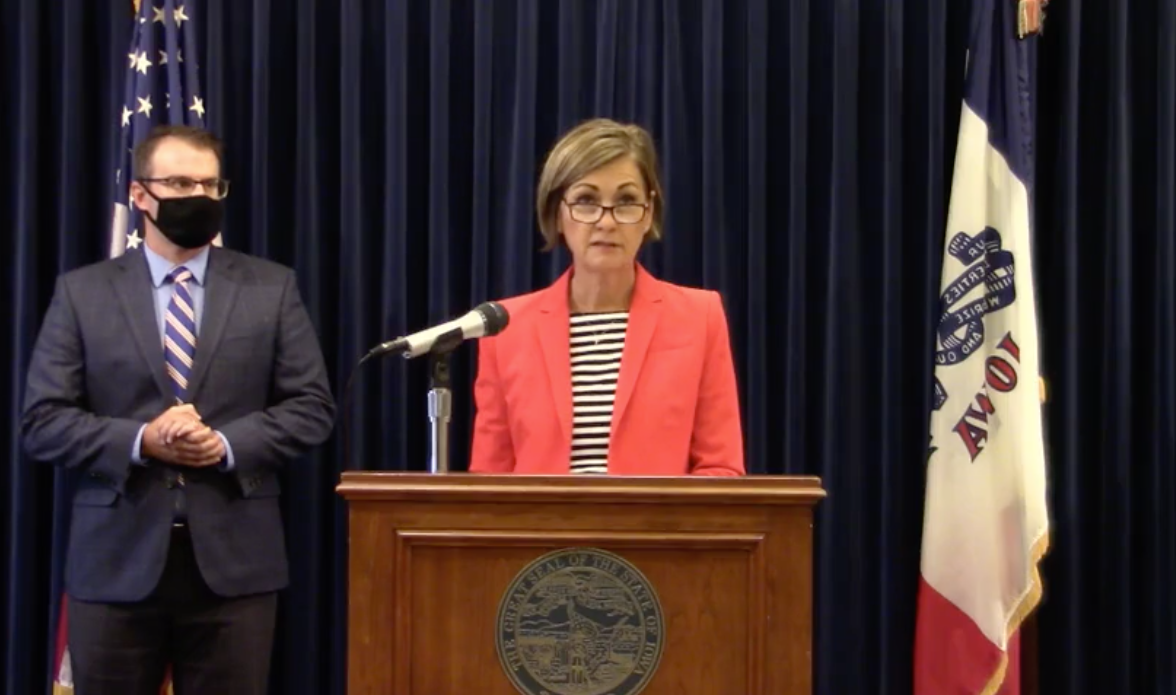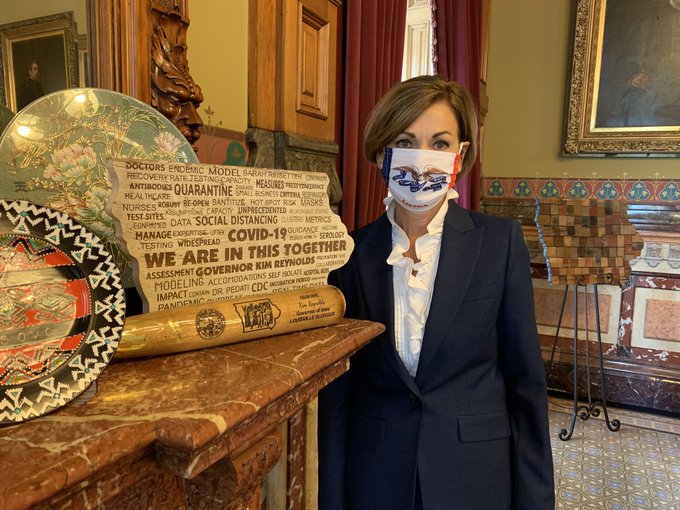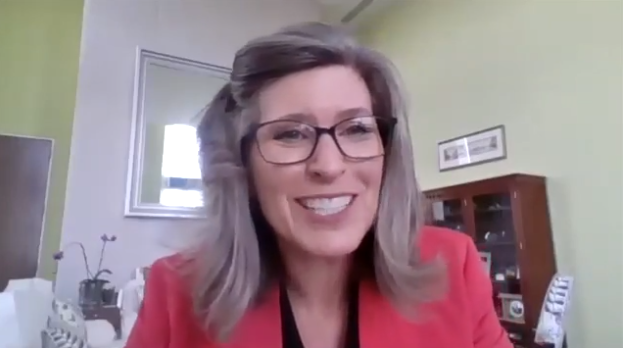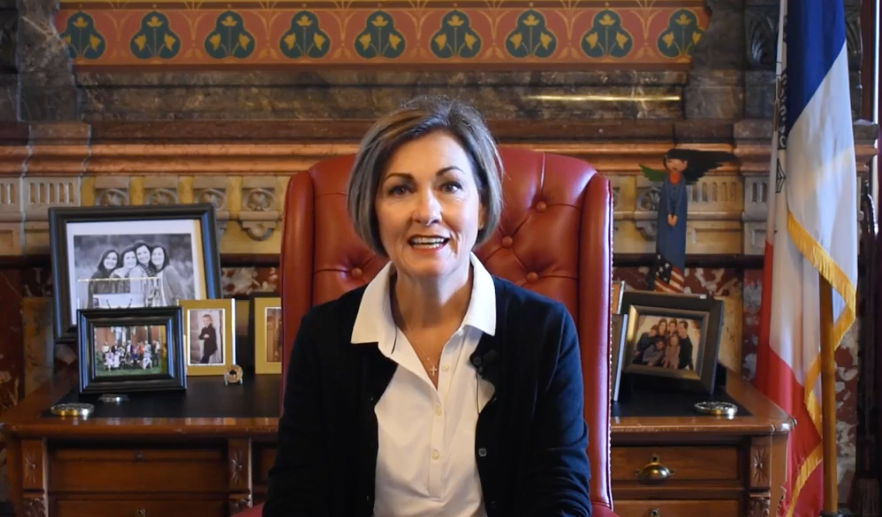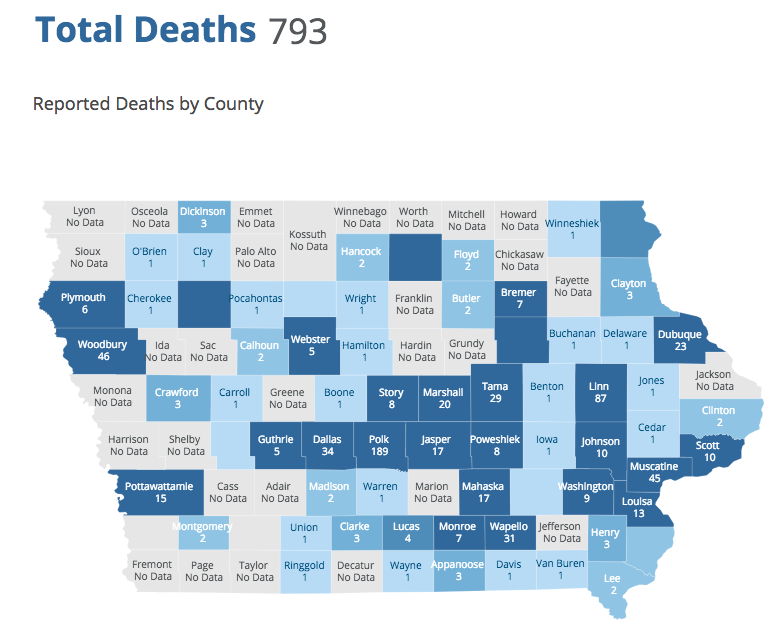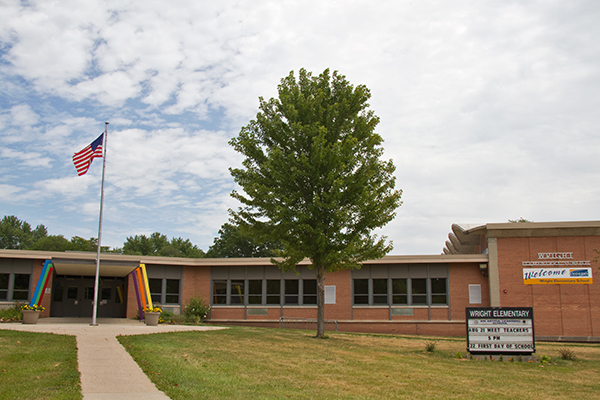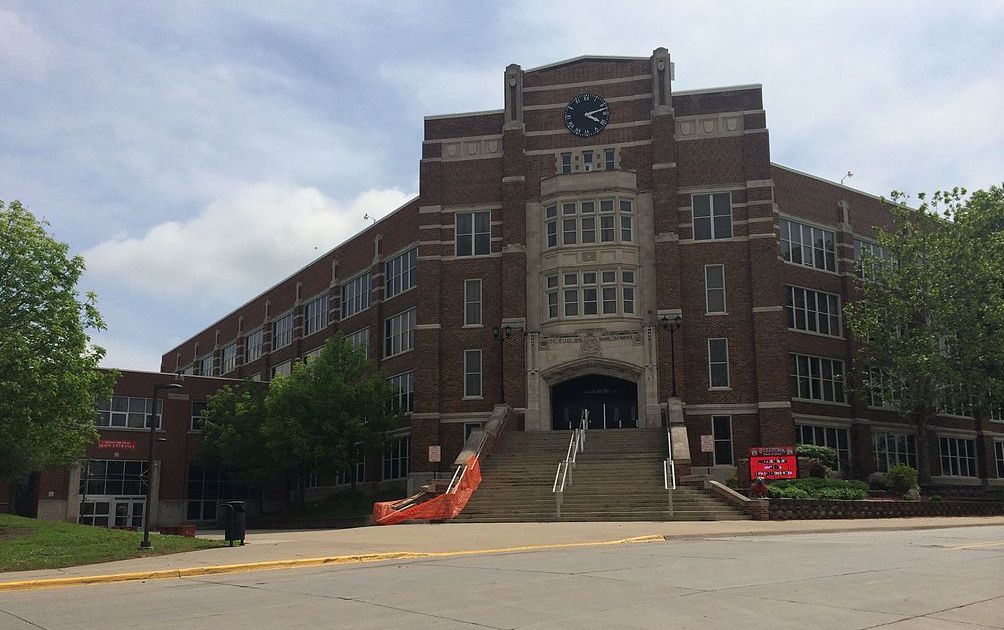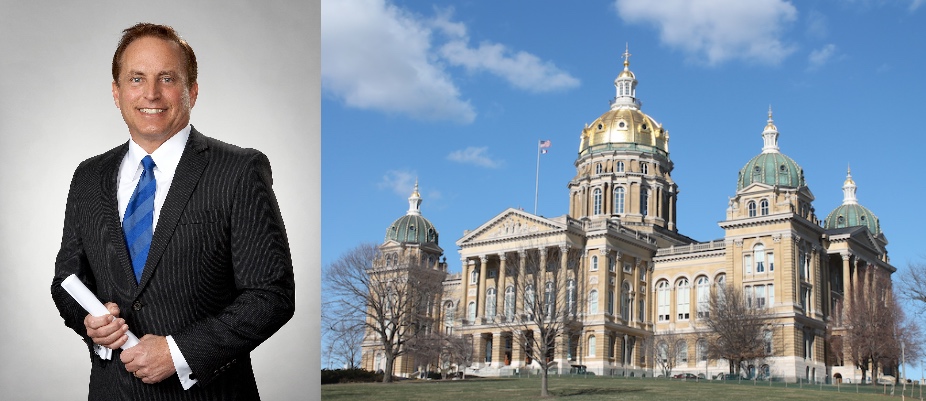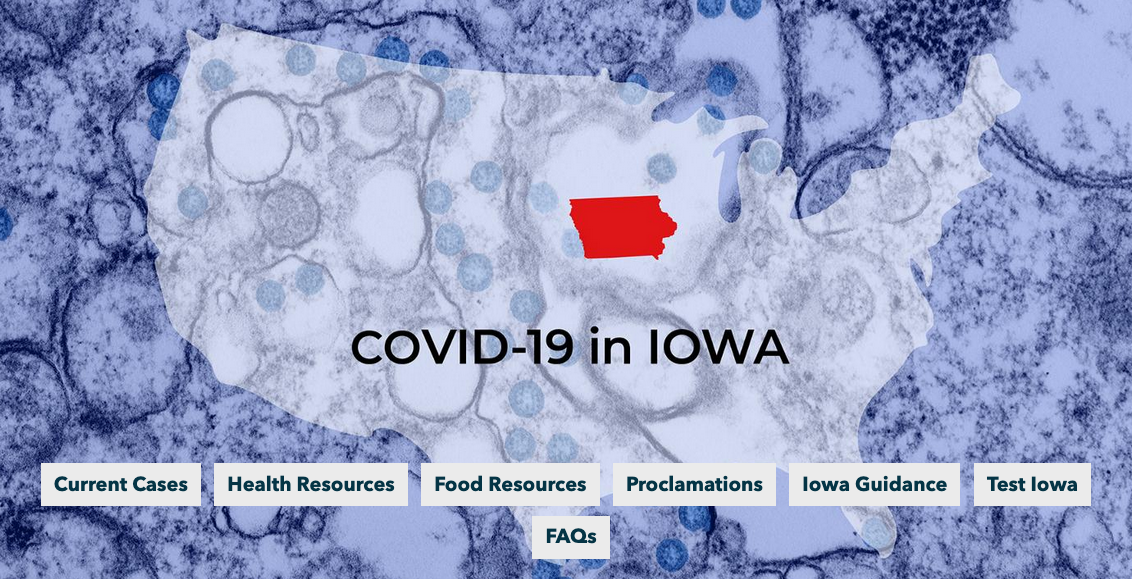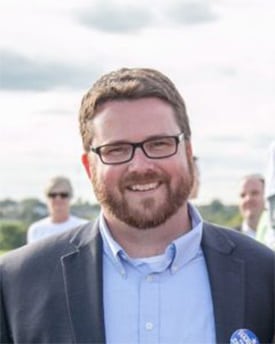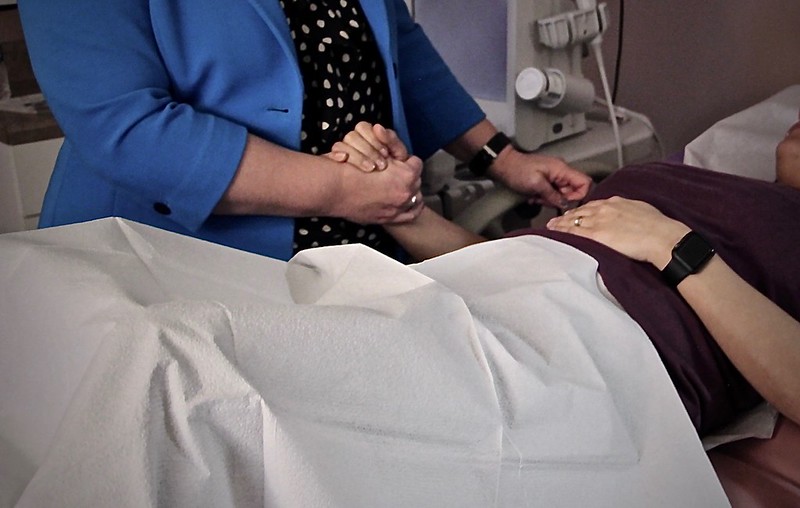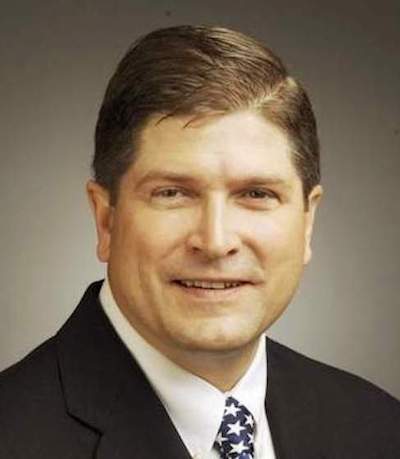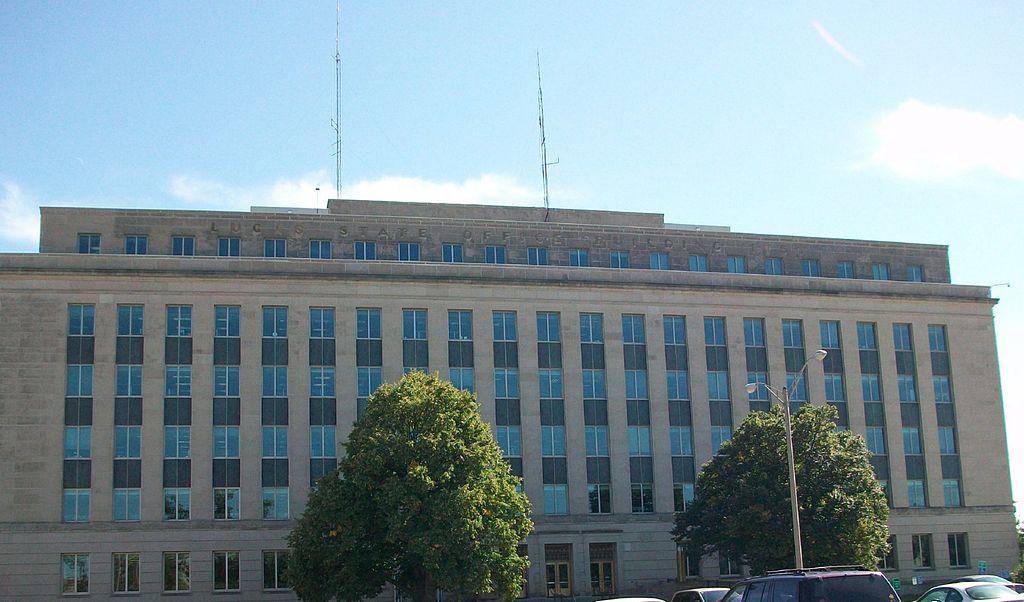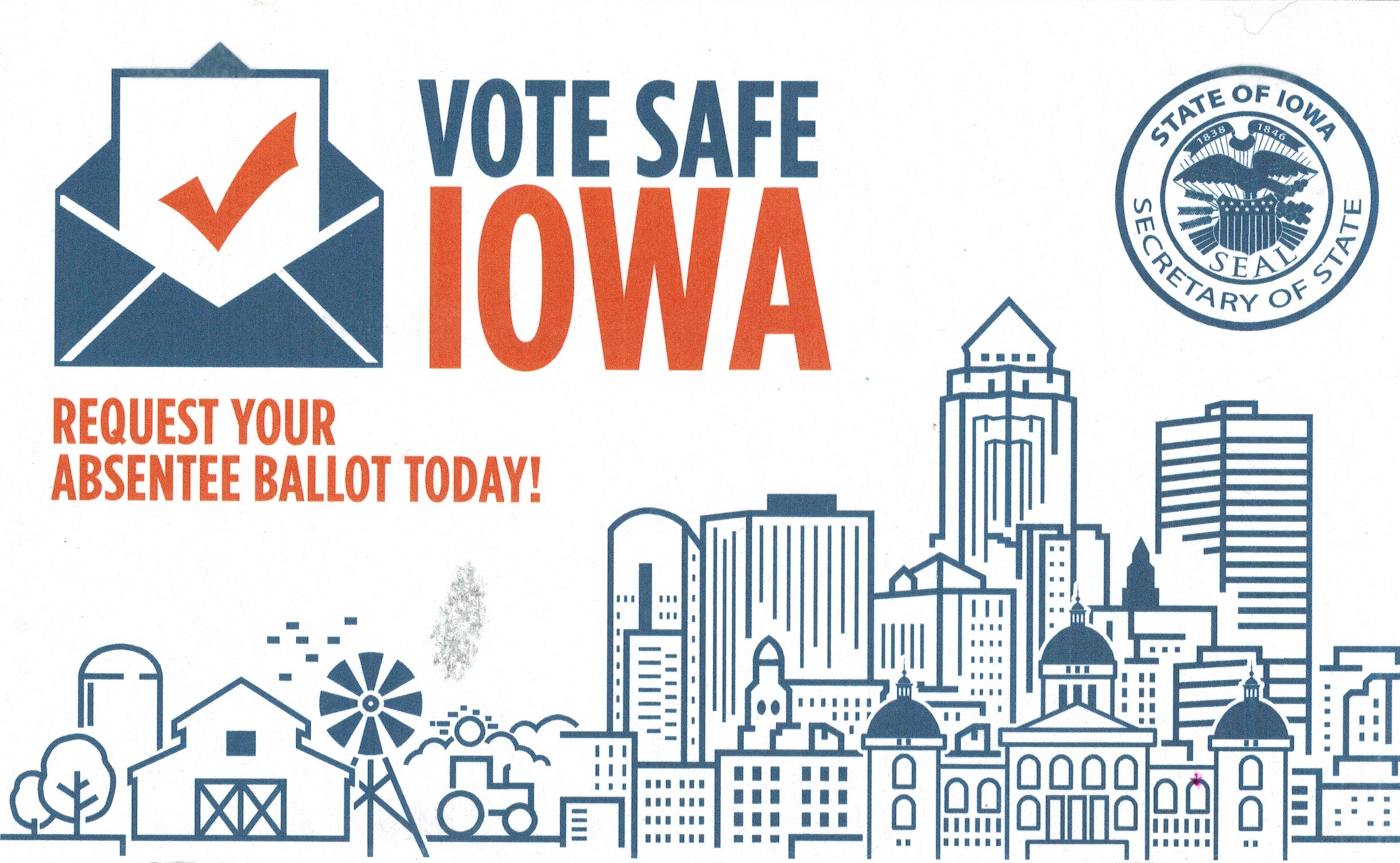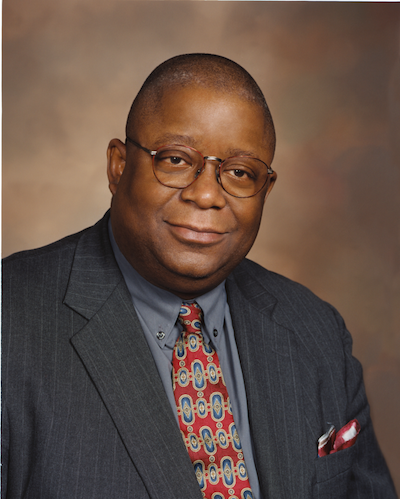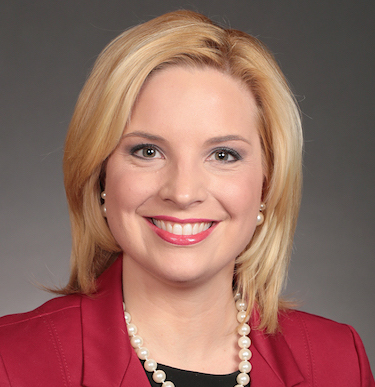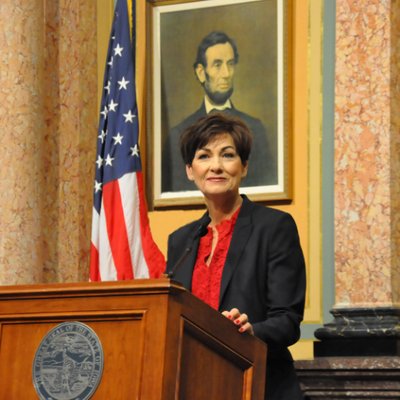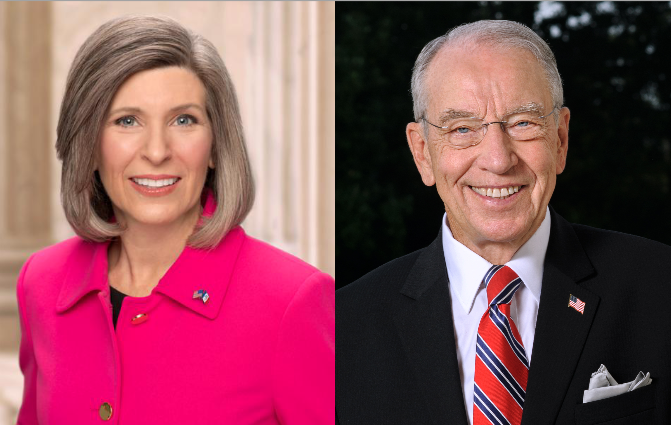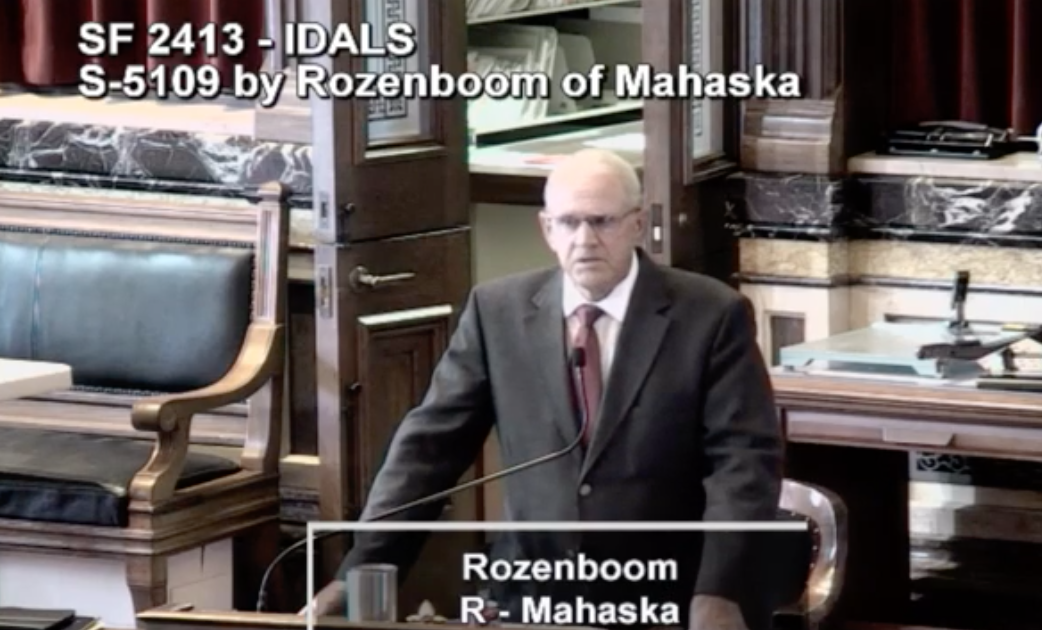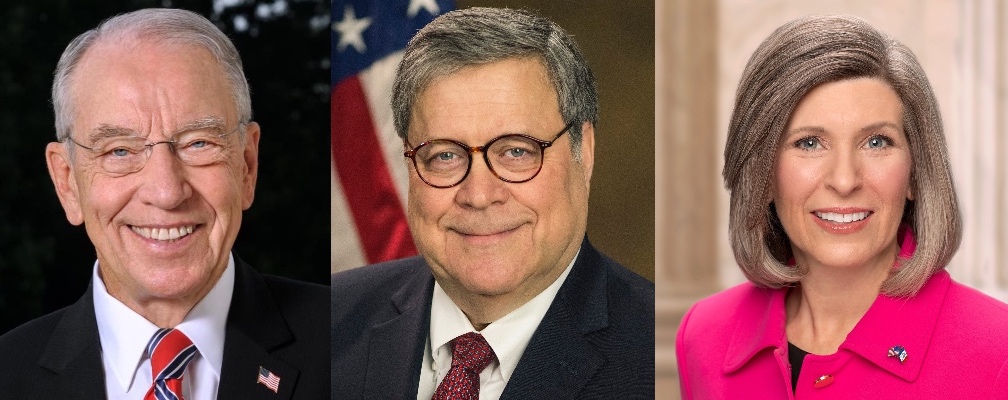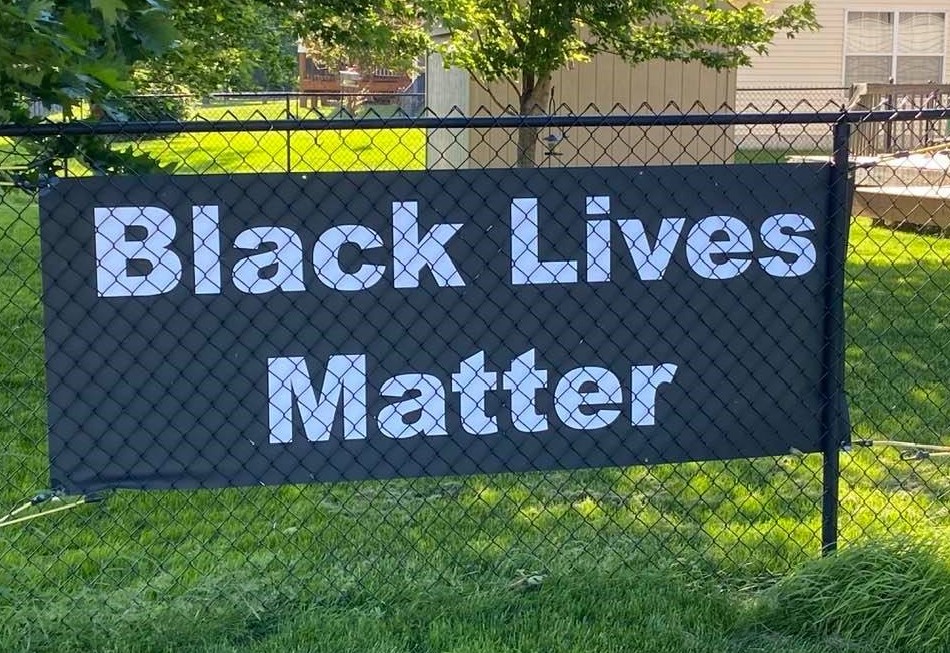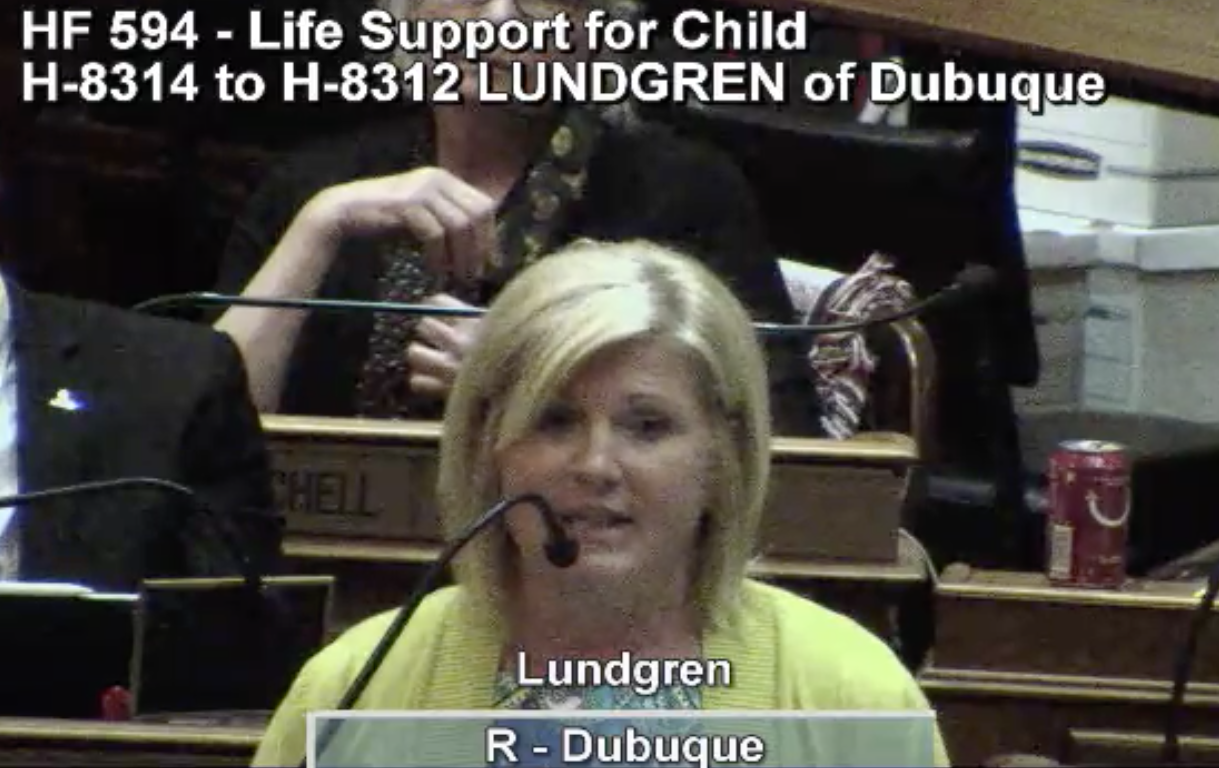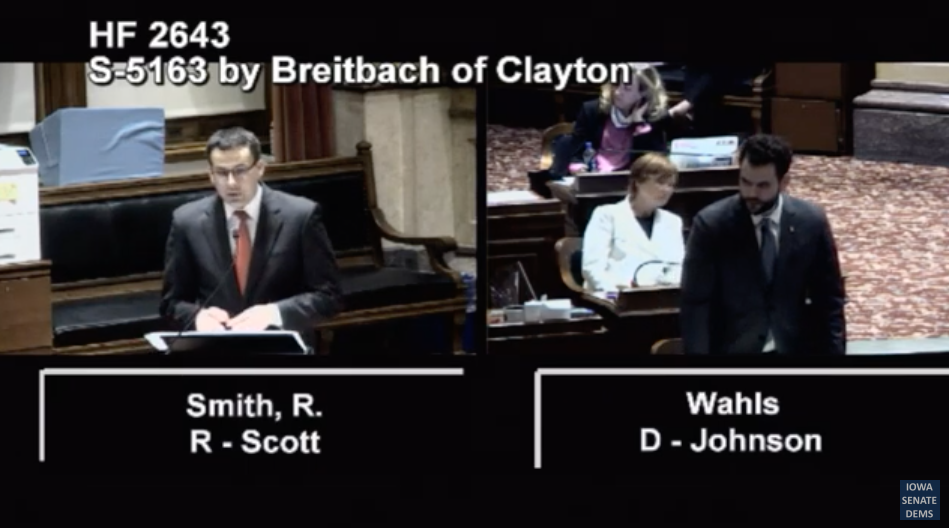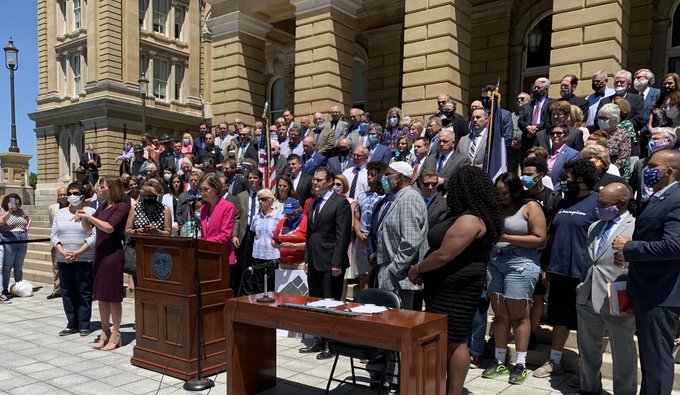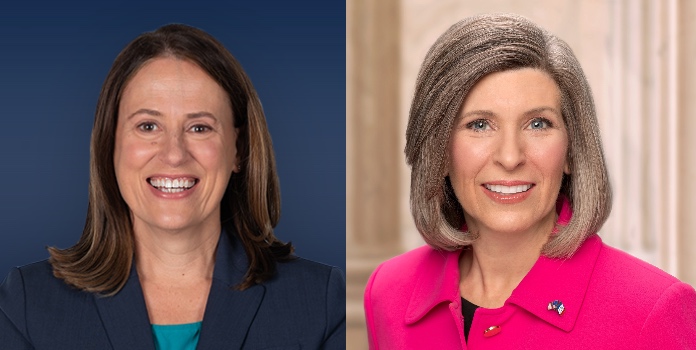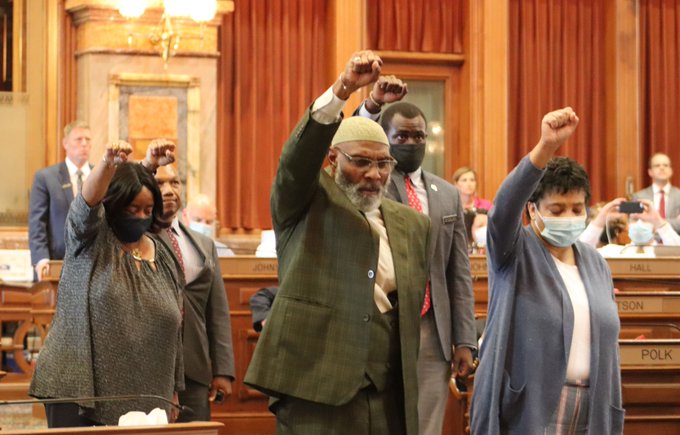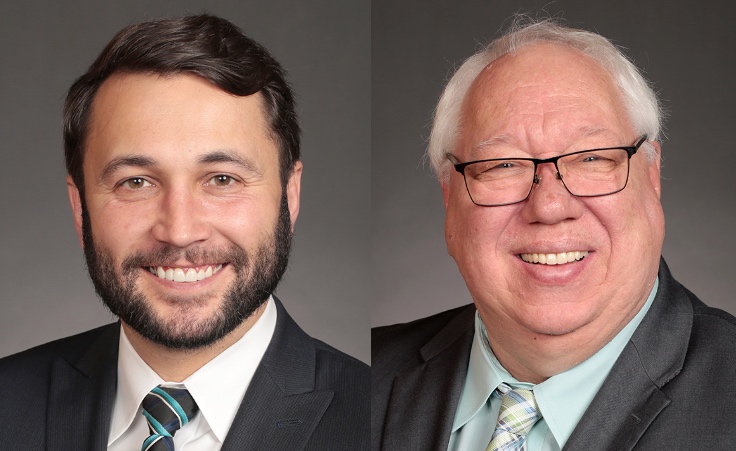Iowa’s seven largest cities are spending more on policing per capita and a greater portion of their municipal budgets on law enforcement compared to the 1990s, according to a new report by the Iowa Policy Project. Over the same time period, spending on social services per capita and as a share of the municipal budget has declined in six of those cities.
Colin Gordon and Peter Fisher authored “Policing, public safety and community priorities,” published on July 22 (also available in pdf format). They examined budgets for the 24 Iowa cities with populations of at least 20,000, because “it is in our larger urban settings in Iowa that the problems with policing — including a well-documented pattern of disproportionate minority contact — are most acute.”
Seven of the cities studied are “metropolitan”: Des Moines, Cedar Rapids, Davenport, Sioux City, Waterloo, Council Bluffs, and Dubuque. Seven are suburbs in large metro areas: West Des Moines, Ankeny, Urbandale, Bettendorf, Marion, Coralville, and Johnston. Three are college towns: Iowa City, Ames, and Cedar Falls. Seven are micropolitan cities: Mason City, Marshalltown, Clinton, Muscatine, Burlington, Fort Dodge, and Ottumwa.
Continue Reading...


